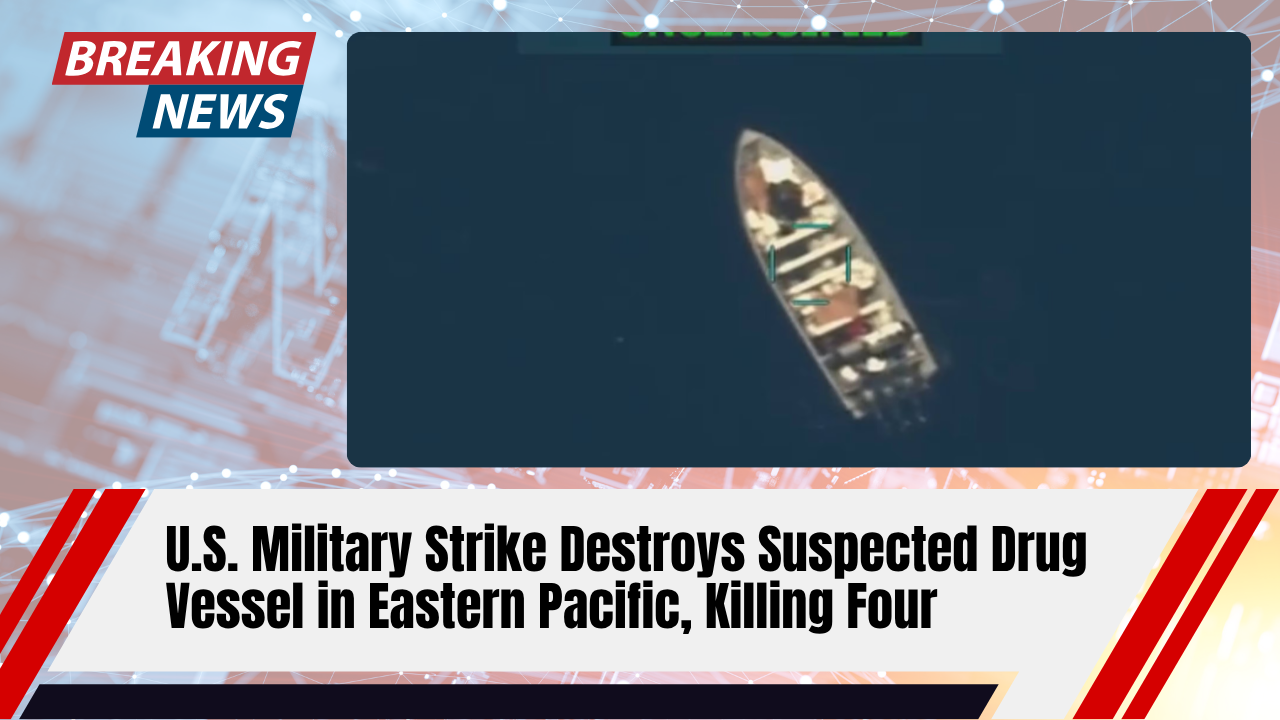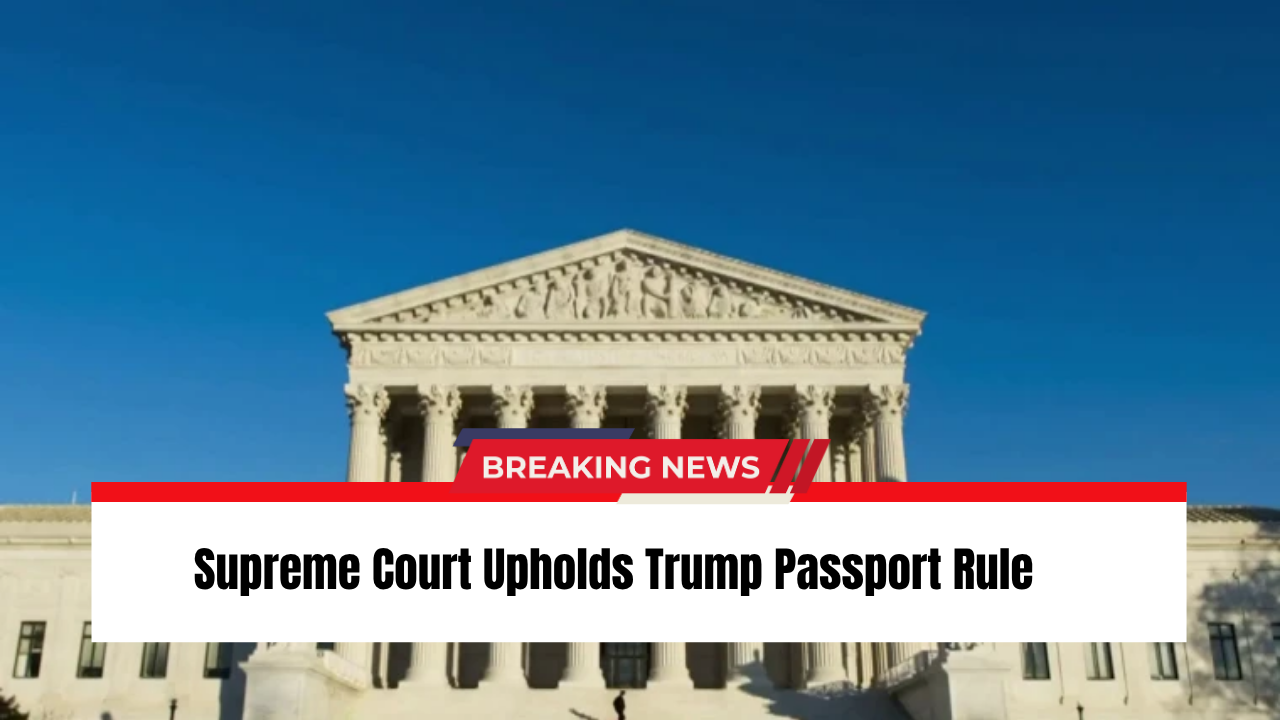WASHINGTON — The U.S. military carried out a targeted strike on a suspected drug-smuggling vessel in the Eastern Pacific Ocean on Wednesday, killing four men aboard, Defense Secretary Pete Hegseth confirmed in an official statement.
“This vessel, like all the others, was known by our intelligence to be involved in illicit narcotics smuggling, was transiting along a known narco-trafficking route, and carrying narcotics,” Hegseth said in a post on X (formerly Twitter).
The announcement marks the latest in a series of U.S. military operations aimed at disrupting transnational criminal networks in the Pacific — a region increasingly used by traffickers to transport cocaine and synthetic drugs from South America toward the United States.
Hegseth’s post included a 22-second video clip showing a small vessel speeding across open water before being struck by a precision munition. The footage captures a bright explosion and plume of smoke, after which the craft appears destroyed.
Though Hegseth did not specify which branch of the U.S. military carried out the operation, similar strikes have typically been conducted by U.S. Southern Command (SOUTHCOM), often using a combination of surveillance drones and naval assets. The Eastern Pacific corridor, which stretches from Colombia to Central America, is one of the busiest maritime routes for cocaine trafficking.
According to U.S. defense and intelligence officials, operations in this region are part of a broader counter-narcotics strategy that blends intelligence gathering, real-time surveillance, and targeted kinetic strikes on vessels that refuse to comply with boarding attempts or are deemed a threat.
The identities and nationalities of the four men killed have not been released, and the Pentagon has not said whether any narcotics or debris were recovered following the explosion. The incident is under operational assessment, with additional information expected once recovery teams reach the area.
The strike follows several recent U.S. military and Coast Guard interdictions in the Eastern Pacific, including joint operations with partner nations that have seized tons of cocaine and disrupted maritime trafficking networks connected to powerful South American cartels.
Officials have increasingly emphasized the link between narco-trafficking and regional instability, citing how drug profits often finance armed groups and criminal syndicates operating in Central and South America.
Hegseth, who took office earlier this year, has positioned maritime drug interdiction as a key national security priority, calling it part of a “forward defense” strategy against both transnational crime and the flow of synthetic opioids fueling addiction crises at home.
“This mission sends a clear message,” Hegseth said. “If you smuggle drugs by sea, we will find you and we will stop you — wherever you are.”



